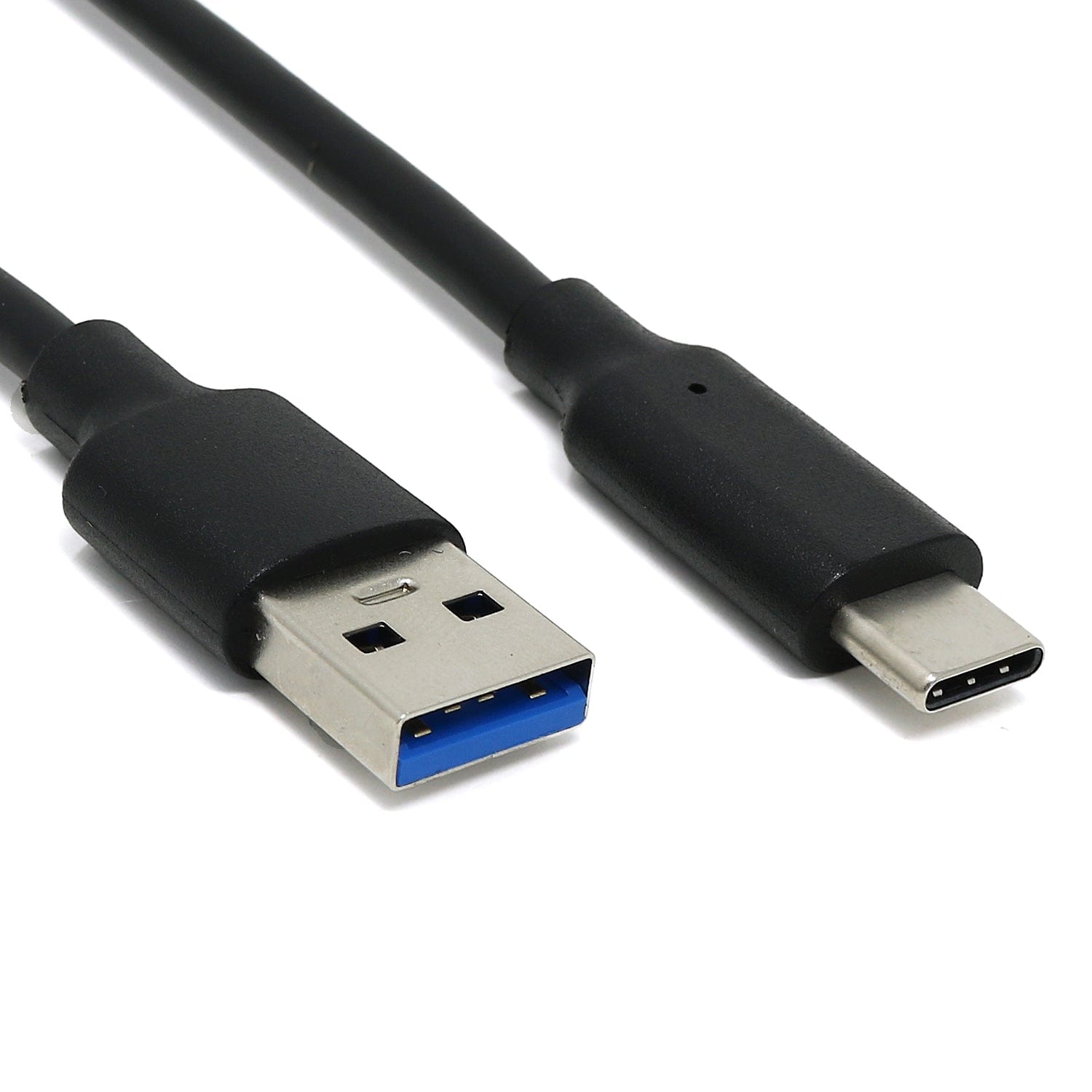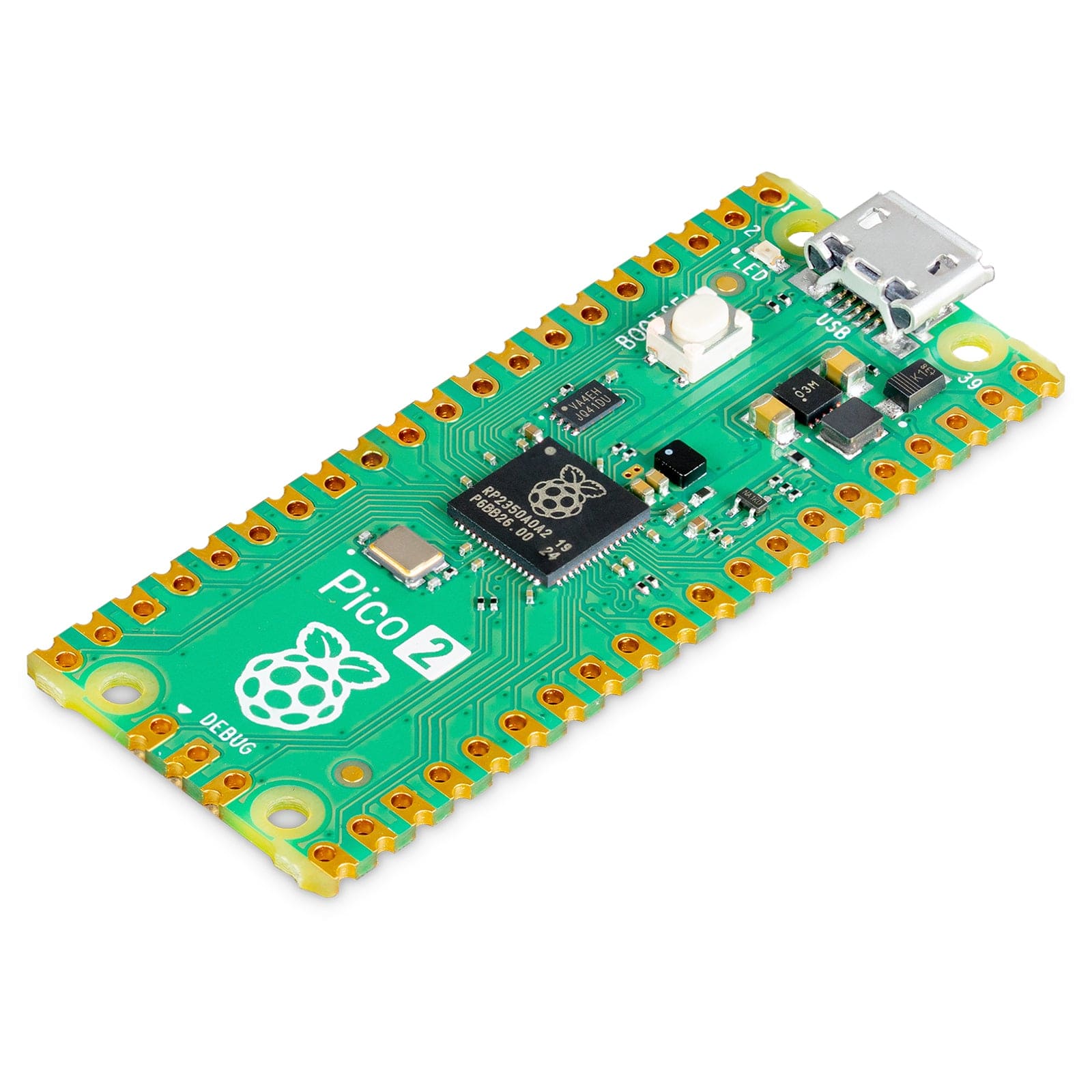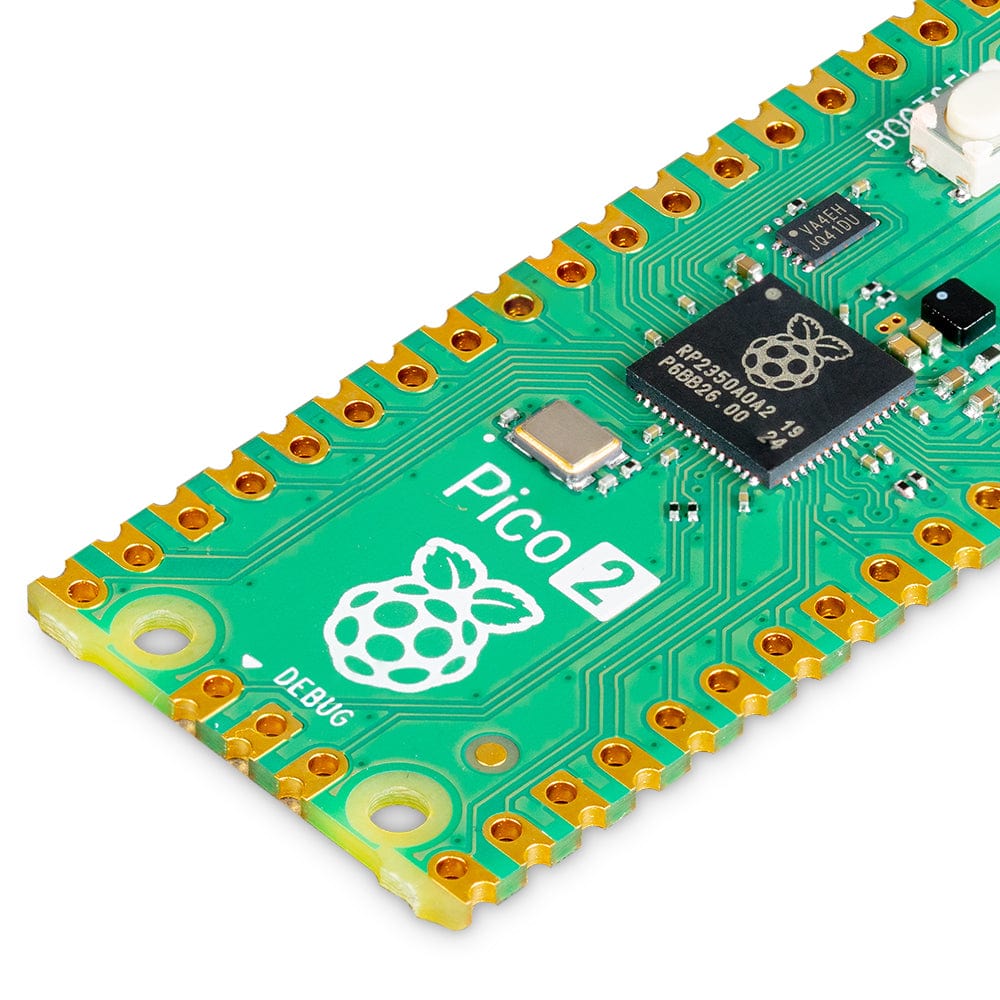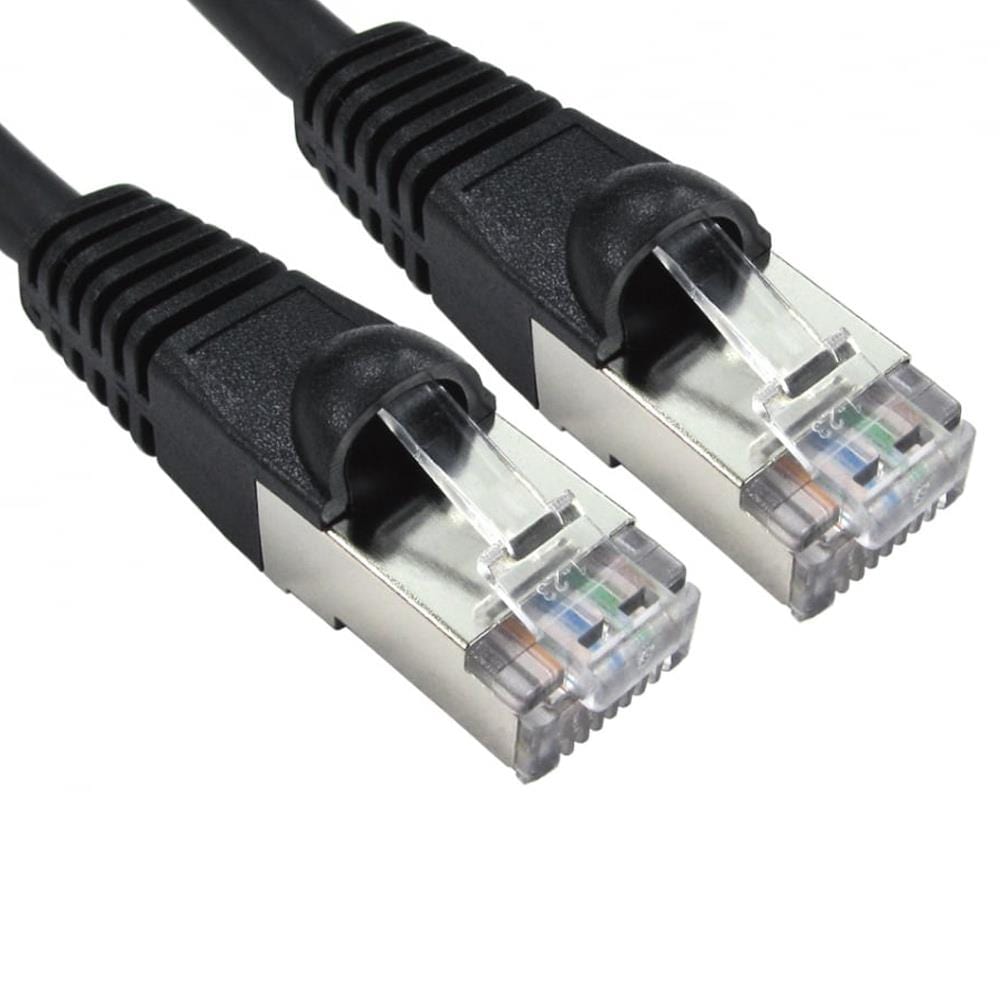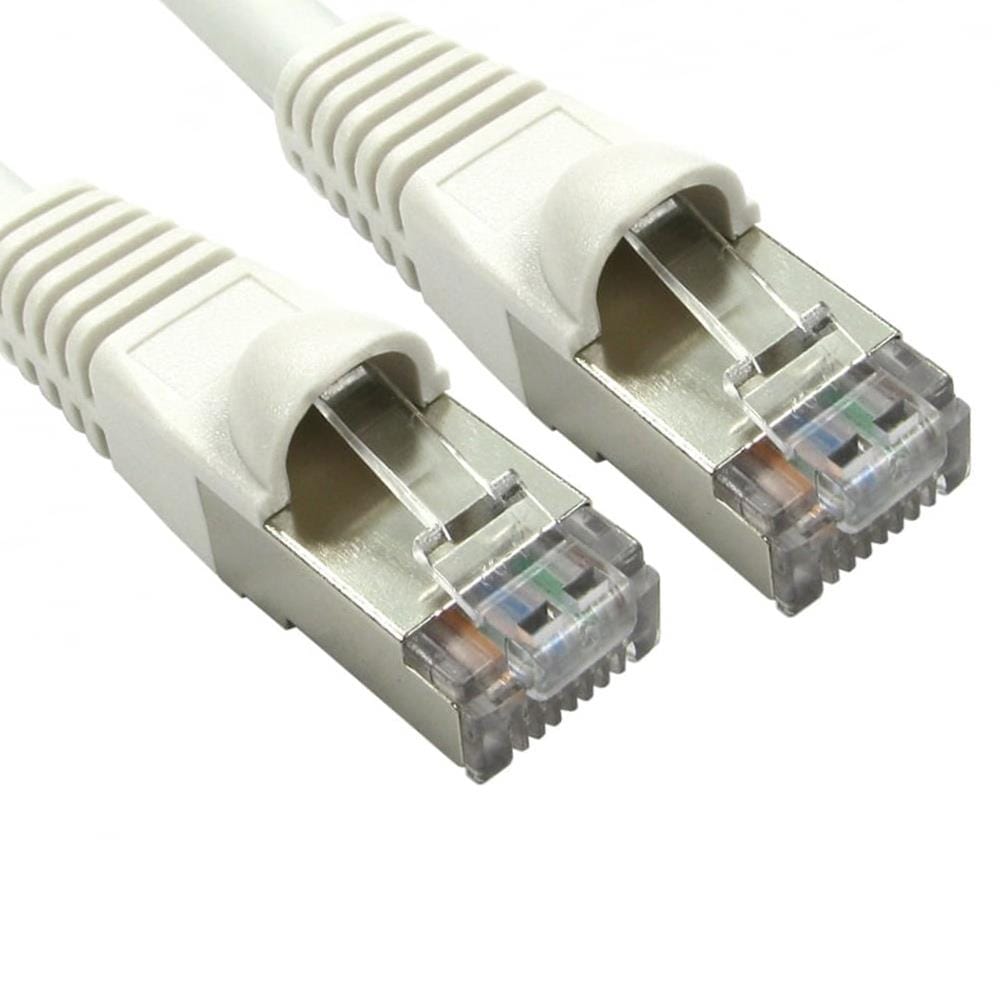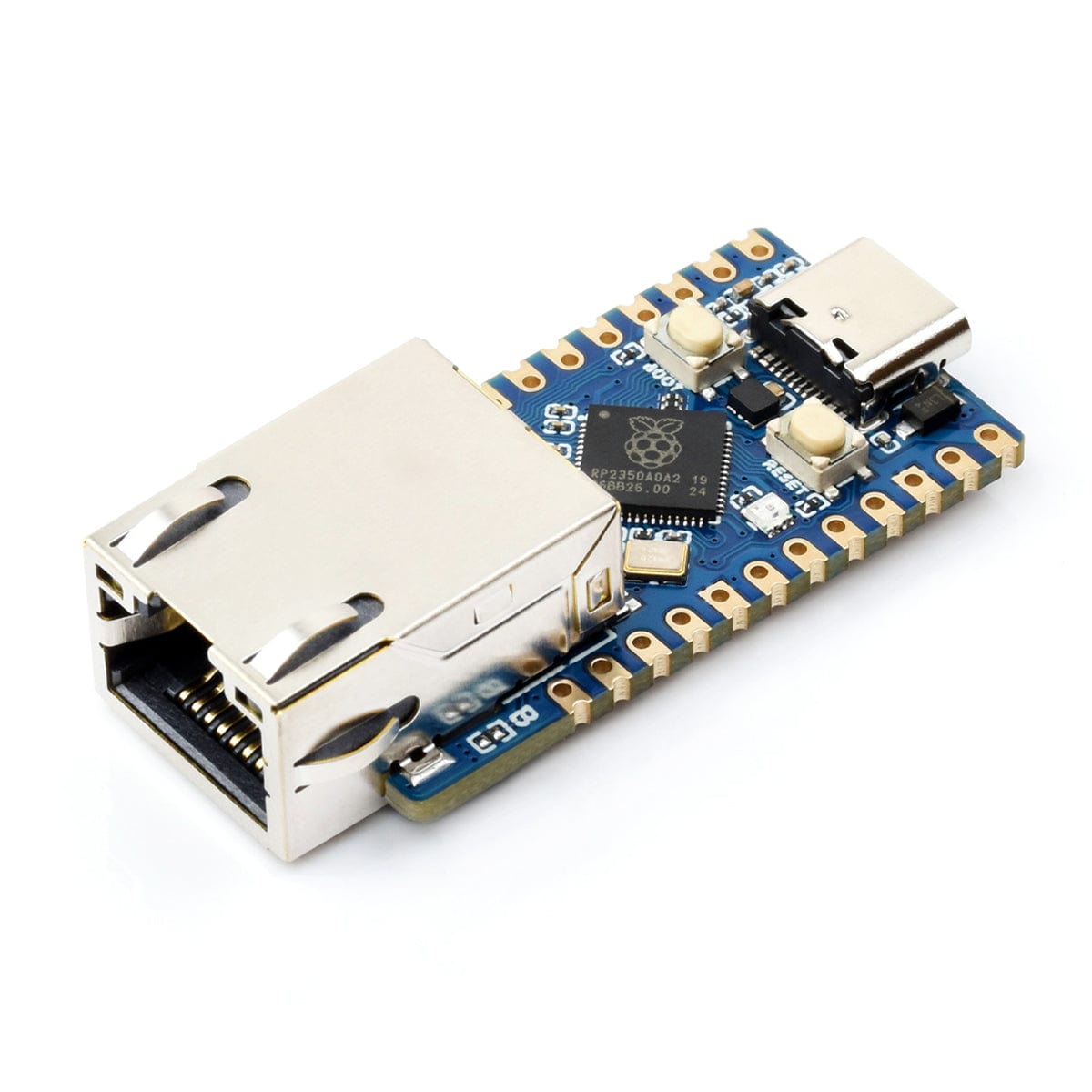
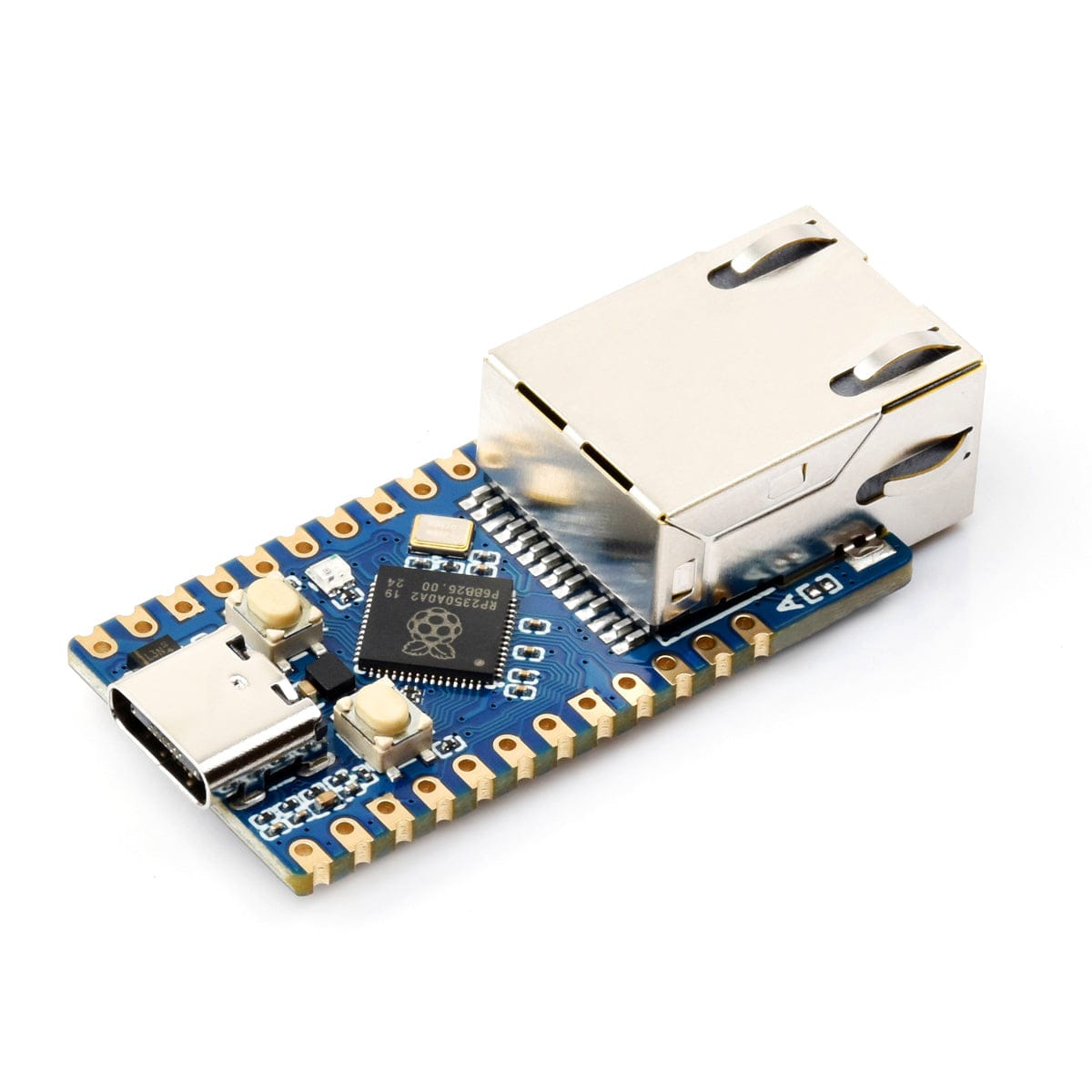
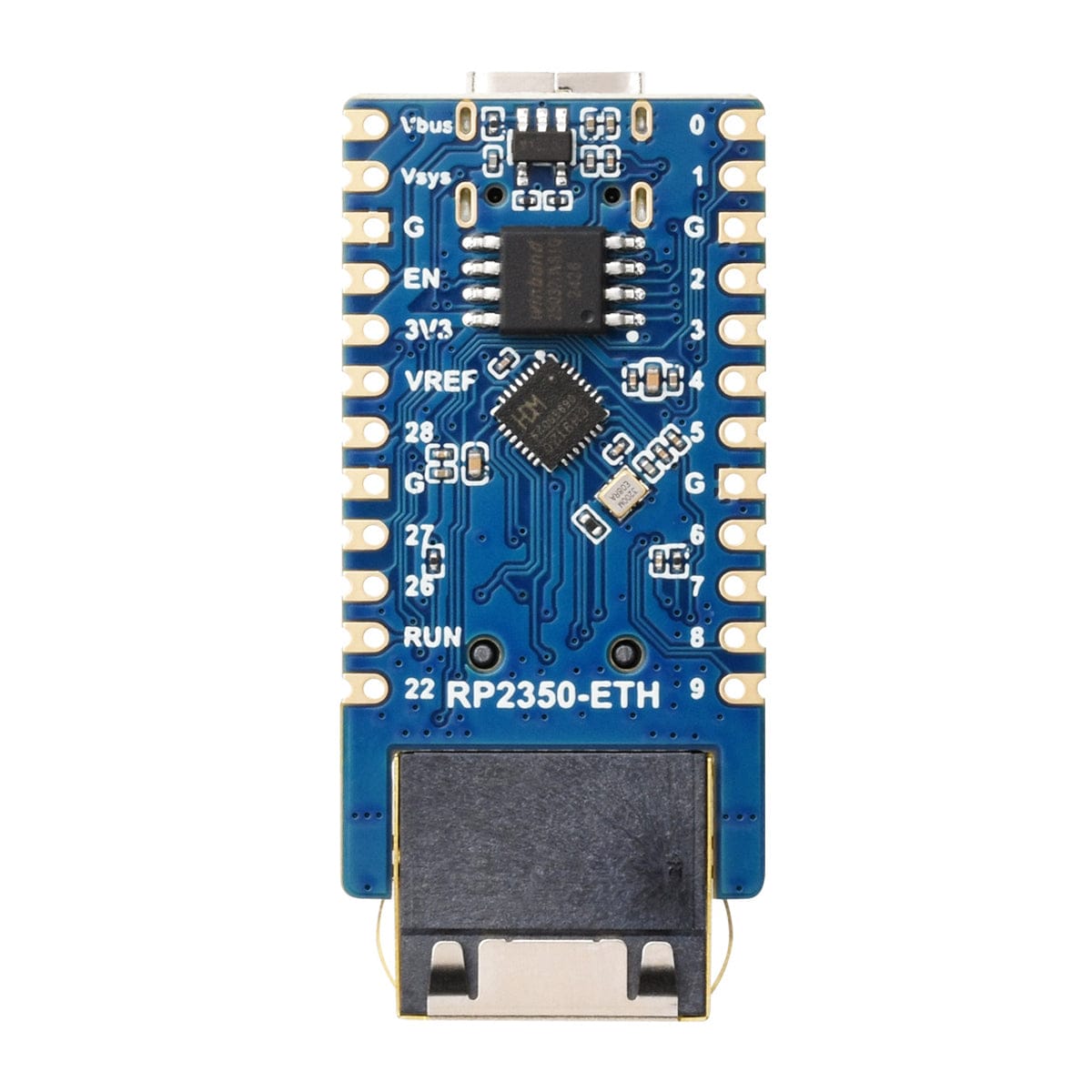
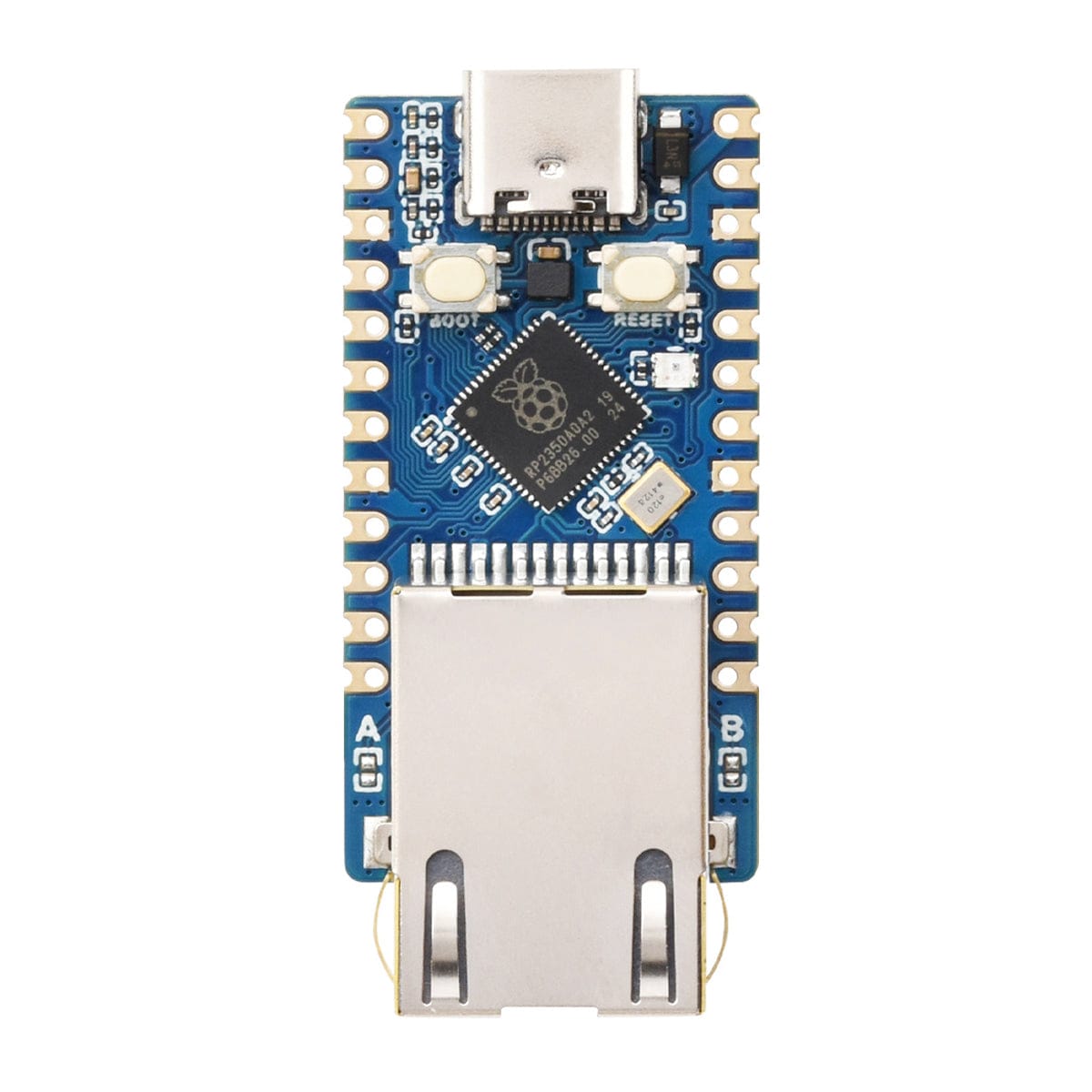
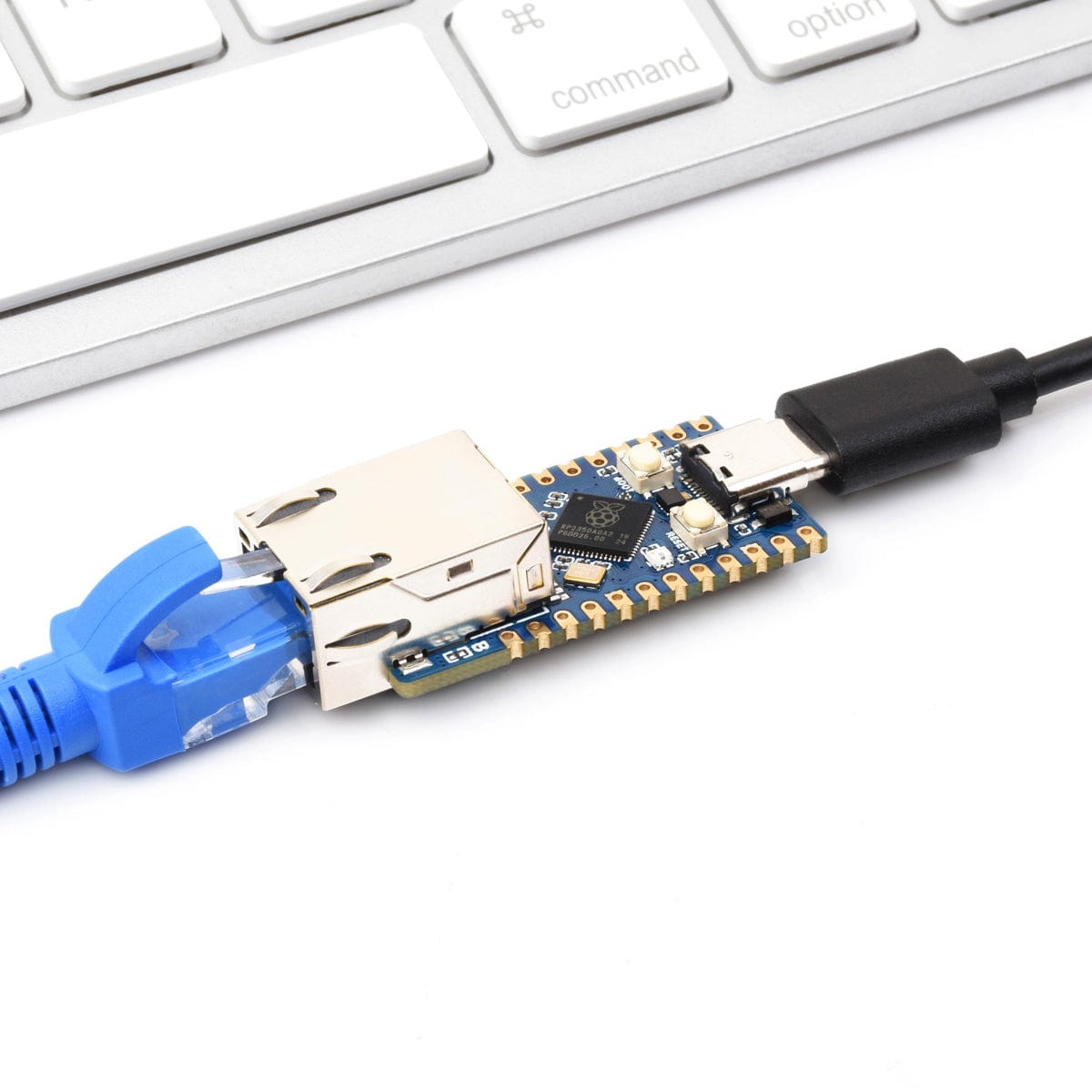
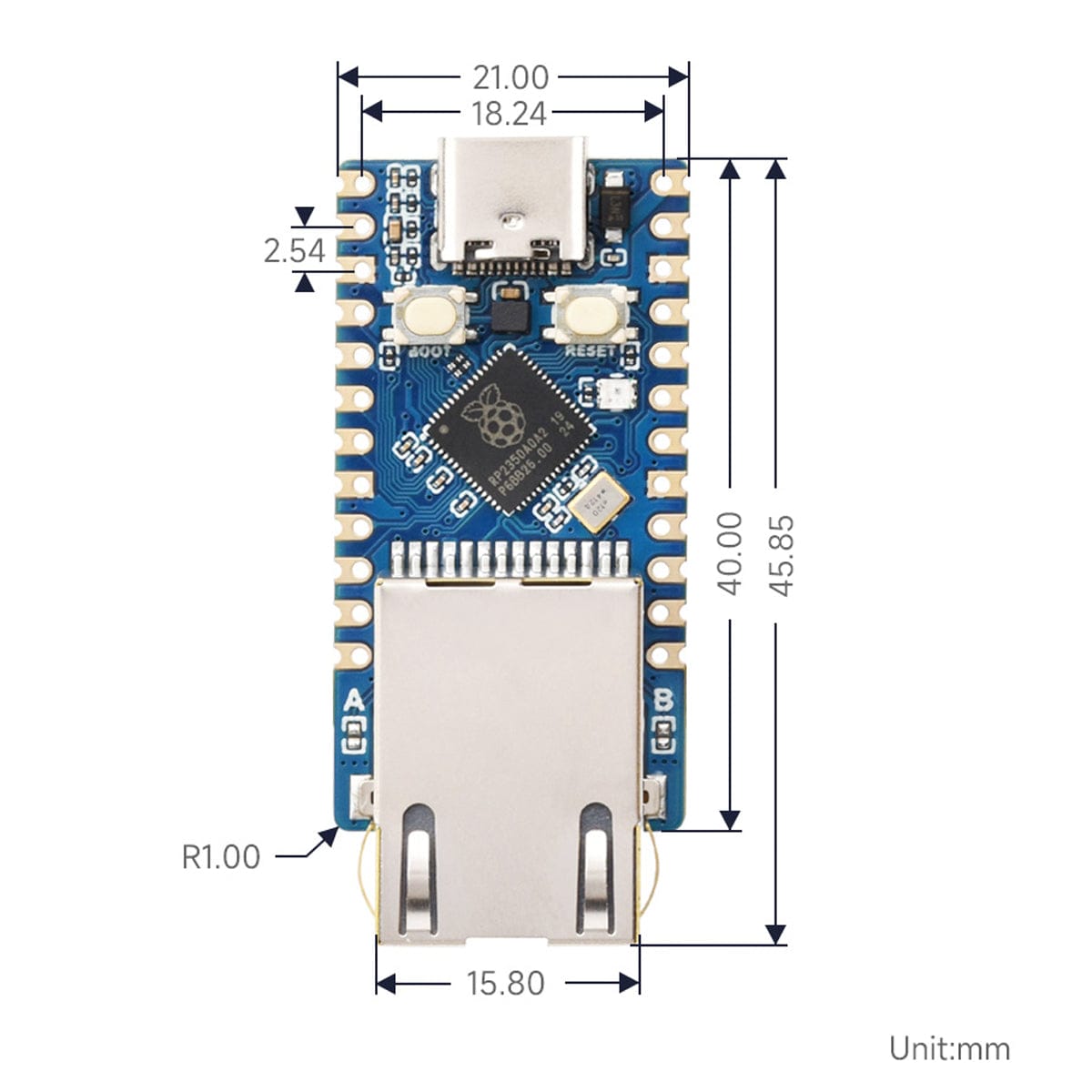
Login / Signup
Cart
Your cart is empty






This ethernet development board uses the Raspberry Pi RP2350 microcontroller, which combines dual-core Arm Cortex-M33 and Hazard3 RISC-V processors running at speeds up to 150 MHz, making it more than capable of dealing with various projects.
The board has 520KB of SRAM and 4MB of Flash memory, giving you plenty of space to store your code and data. It includes a CH9120 chip that provides ethernet connectivity with a built-in TCP/IP stack, letting you connect to networks quickly.
With 14 GPIO pins, you can easily connect to the Raspberry Pi Pico and other devices. Its castellated edges allow you to solder it directly onto other boards, making the setup a piece of cake. A USB-C connector is also onboard for power and program downloading.
Programming is easy with drag-and-drop support over USB, and it works with programming languages like C/C++ and MicroPython. Comprehensive guides, SDKs, and tutorials are available to help you get started right away.
Note: Ethernet and USB-C cables are NOT included









